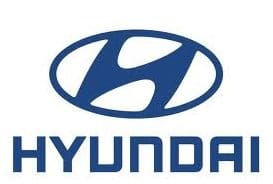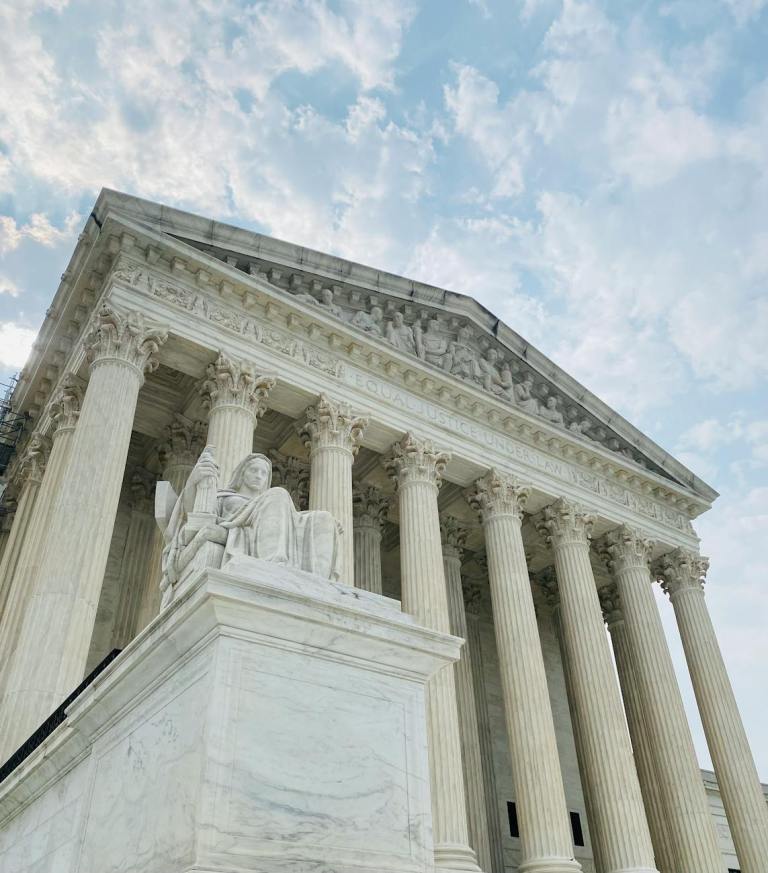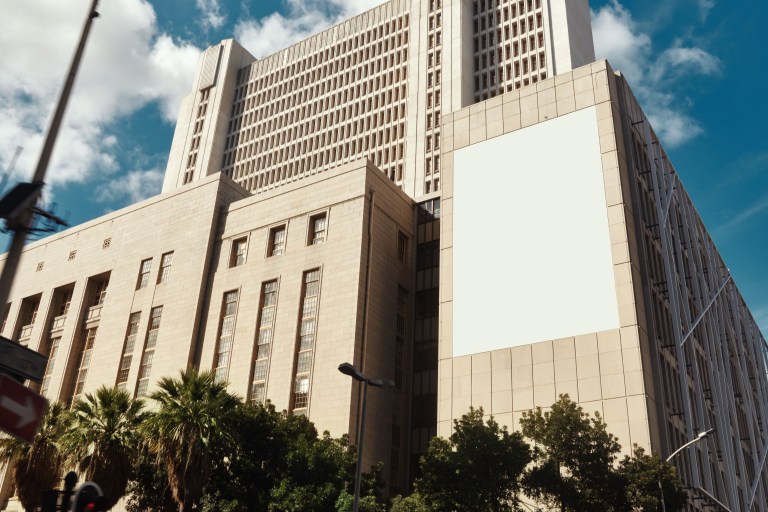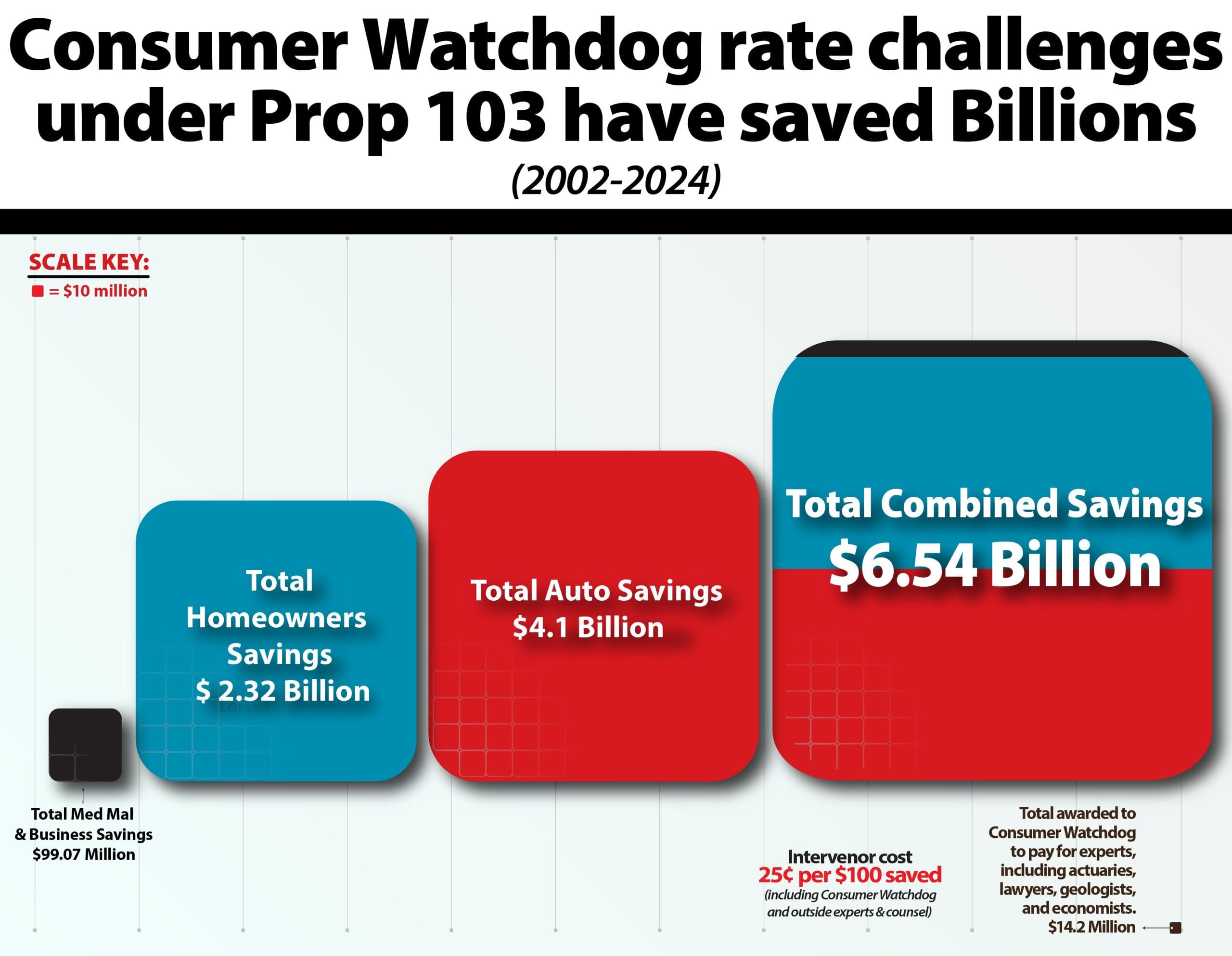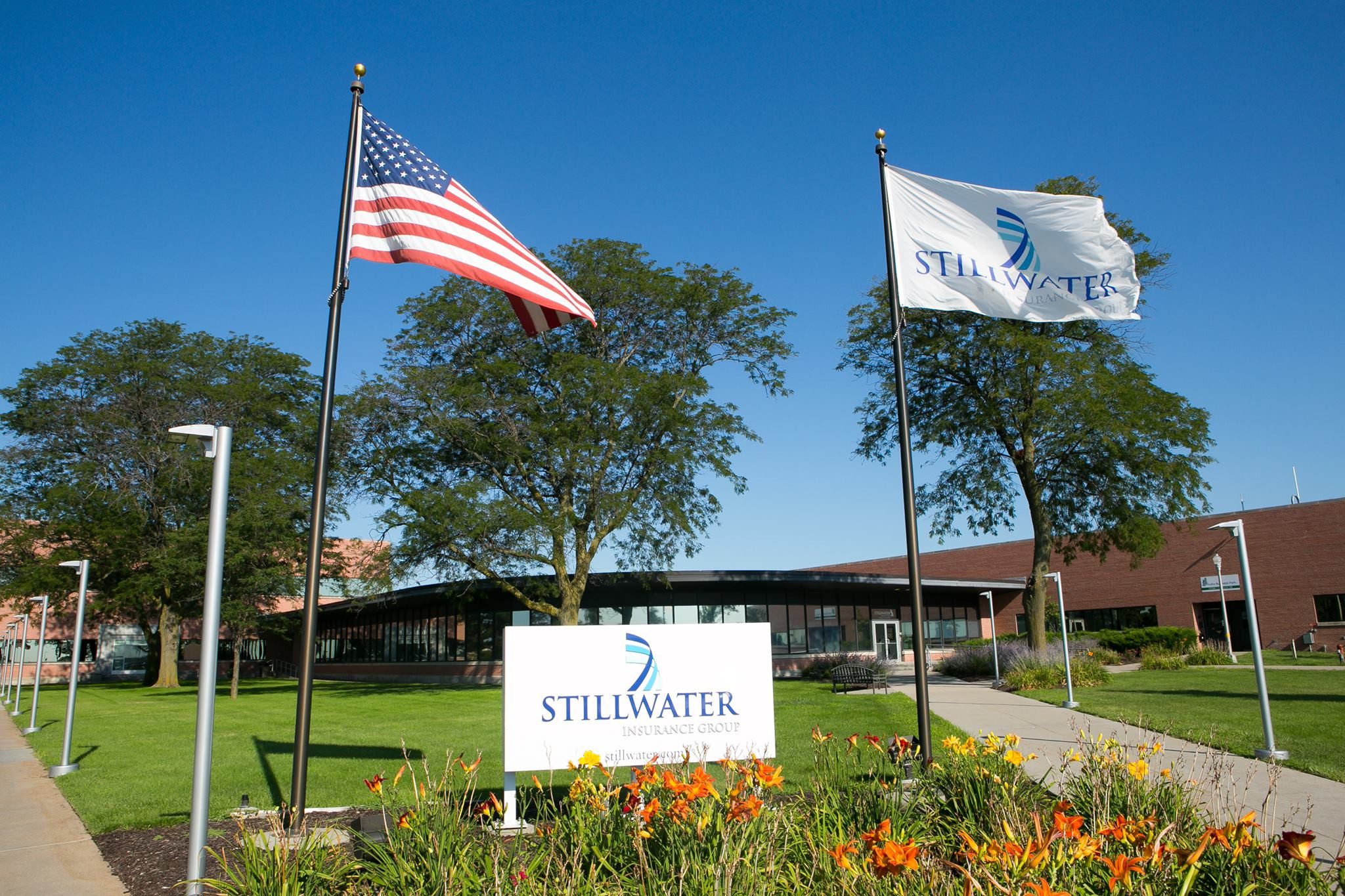Santa Monica, CA — A class action settlement negotiated by Hyundai and Kia following the companies’ 2012 admission that they lowballed fuel economy numbers for over a dozen 2011–2013 vehicles is structured to prevent consumers from collecting the money they are owed and should be rejected, consumer advocates told a federal court.
A 23-page brief identifying problems with the settlement was filed in the U.S. District Court in Los Angeles on behalf of 13 class members from across the U.S. by their attorneys at Consumer Watchdog and three private law firms. The settlement would require eligible customers to follow “illegible” instructions on a postcard in order to obtain a complicated and poorly worded claim form that “will indisputably discourage many Class Members from pursuing their rights under the Proposed Settlement,” the filing states.
Download the text of the postcard notice, scaled to size, here: http://www.consumerwatchdog.org/resources/scaled_postcard_notice.pdf
The lawyers supporting the deal “offer no evidence that a claim form is required under the present circumstances” where the companies “have accurate data at their disposal” to automatically issue payments to consumers, wrote the advocates in their brief. The advocates state that court approval of the settlement “would erode public confidence in a crucial device for redressing corporate wrongdoing, the class action process.”
“Red Flags” In Proposed Settlement Require Court Rejection
The Consumer Watchdog filing with the Court identifies aspects of the settlement that courts and independent commentators consider “red flags” that warrant rejection of the deal:
– Unreadable and convoluted notice. A nearly illegible postcard is the sole manner in which class members will receive direct notice of their rights under the Proposed Settlement – virtually guaranteeing that most class members will never exercise their rights, even as they will be held to have released their claims.
– Unnecessary and onerous claims process. Class members must comply with a completely unnecessary, confusing and onerous mail and online claims process that will indisputably discourage many class members from pursuing their rights under the Proposed Settlement.
– Defendants administer the settlement. Hyundai and Kia are responsible for processing class members’ claims against them – a straightforward conflict of interest that incentivizes errors and improper denials of claims by the very same companies that engaged in the misrepresentations to begin with.
And the clincher:
– Reversionary settlement. Hyundai and Kia – the wrongdoers – get to keep all the money that consumers do not claim or use.
Download the opposition brief here: http://www.consumerwatchdog.org/resources/5-30-14krauth-hasperopposition.pdf
EPA Investigation Confirms Consumer Watchdog Allegations
Acting in response to complaints from consumers, Consumer Watchdog asked the White House in November 2011, and the EPA in January 2012, to investigate allegations that the Hyundai Elantra was falling far short of the “40 miles per gallon” promised by Hyundai in its national advertising campaign. When the government took no action, Consumer Watchdog lawyers sued Hyundai on behalf of a California consumer in July 2012 in state court, and subsequently filed lawsuits on behalf of consumers nationwide in federal court. In November 2012, the EPA announced that it had confirmed discrepancies in the MPG claimed by Hyundai and its sister-company Kia for several of the companies’ 2011-2013 vehicles. The EPA announcement sparked the filing of other lawsuits, which were centralized in U.S. District Court in Los Angeles at the request of the Consumer Watchdog legal team.
In February 2013, at the first hearing in federal court in Los Angeles, two of the 60 law firms representing Hyundai and Kia owners and lessees announced they had reached a settlement with the car manufacturers that would resolve the claims of an estimated 900,000 consumers who purchased or leased Hyundai and Kia vehicles with falsely advertised fuel economy. However, the proposed settlement was not made public until nearly a year later, on December 23, 2013.
Consumer Watchdog attorneys are working with the nationally-recognized firms of Cotchett, Pitre & McCarthy, LLP; Cuneo Gilbert & LaDuca, LLP; and Dreyer Babich Buccola Wood Campora, LLP. Of the 60 law firms that filed suits, one other firm joined the Consumer Watchdog team of lawyers opposing the proposal. Lewis Adler, a Woodbury, New Jersey lawyer for plaintiff Kathleen Wilson,told the court his client agreed with the opposition filed by the consumer advocates.
Hearing scheduled for June 26, 2014
Settlements of class actions require a two stage review process by a court. Judge George H. Wu will hold a hearing on the motion for preliminary approval of the settlement on June 26, 2014 at 9:00 a.m.
The case is In re: Hyundai and Kia Fuel Economy Litigation, C.D. Cal. Case No. 2:13-ml-02424-GW-FFM.
– 30 –

